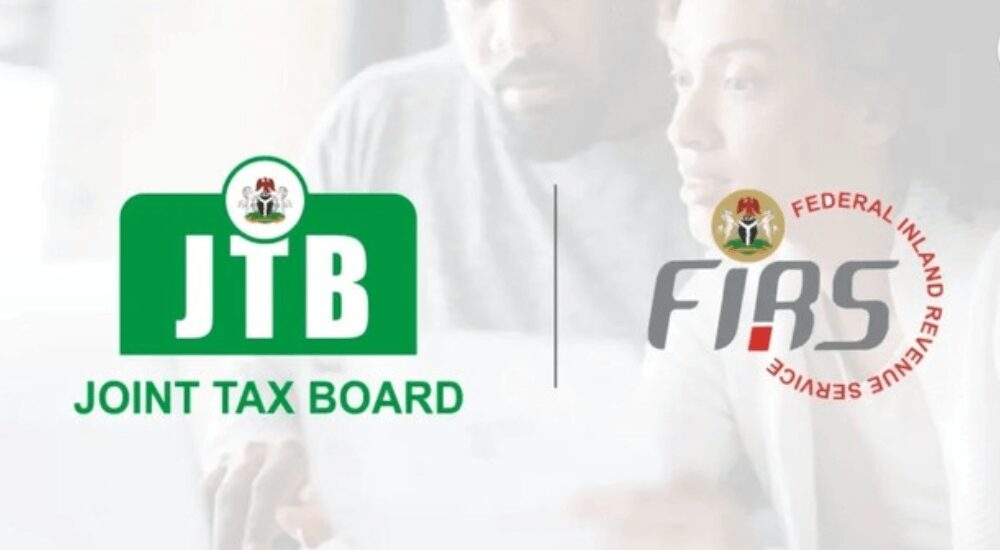The Joint Tax Board (JTB) has officially debunked widespread rumours suggesting that Nigerians without a Tax Identification Number (TIN) would be denied access to their bank accounts or barred from carrying out financial transactions starting January 1, 2026.
In a statement released Sunday night via its official social media page, the Head of Corporate Communications at the JTB, Mrs Akpe Adoh, reassured Nigerians that there is no such policy in place and that banking operations will not be disrupted by the ongoing tax reforms.
“In line with the tax reforms championed by His Excellency, President Bola Ahmed Tinubu, government is working to make tax compliance simpler, fairer, and more inclusive for all Nigerians,” Mrs Akpe stated.
The clarification comes amid growing concerns on social media and in some sections of the press, claiming that non-possession of a Tax ID could lead to account freezes or restricted access to banking services.
According to the JTB, the current tax reforms are designed to eliminate multiple taxation, introduce tax exemptions for vulnerable individuals and small businesses, and lower the overall tax burden on the majority of Nigerians.
A major component of these reforms is the introduction of a harmonised National Tax Identification system, developed in collaboration with all 36 State Internal Revenue Services, the Federal Capital Territory Internal Revenue Service (FCT-IRS), and the Federal Inland Revenue Service (FIRS).
This new system will leverage the existing National Identification Number (NIN) for individuals and the Corporate Affairs Commission (CAC) Registration Number (RC) for businesses as unique identifiers for tax purposes.
“The initiative will enable the seamless and automatic generation of Tax IDs for individuals with NIN and businesses with RC,” Mrs Akpe explained, “thereby making it easier for Nigerians to comply with tax requirements without any disruption to their banking and financial activities.”
The JTB called on the public to disregard any contrary information and remain calm, emphasizing its commitment to implementing people-centered tax policies that promote economic growth, fairness, and ease of doing business in Nigeria.
"We remain committed to ensuring that Nigeria continues to be a tax-friendly environment for individuals and businesses alike," the statement concluded.
For more updates on national tax reforms and economic developments, stay connected with Kwale Post.







Comments (0)
Please login to comment.